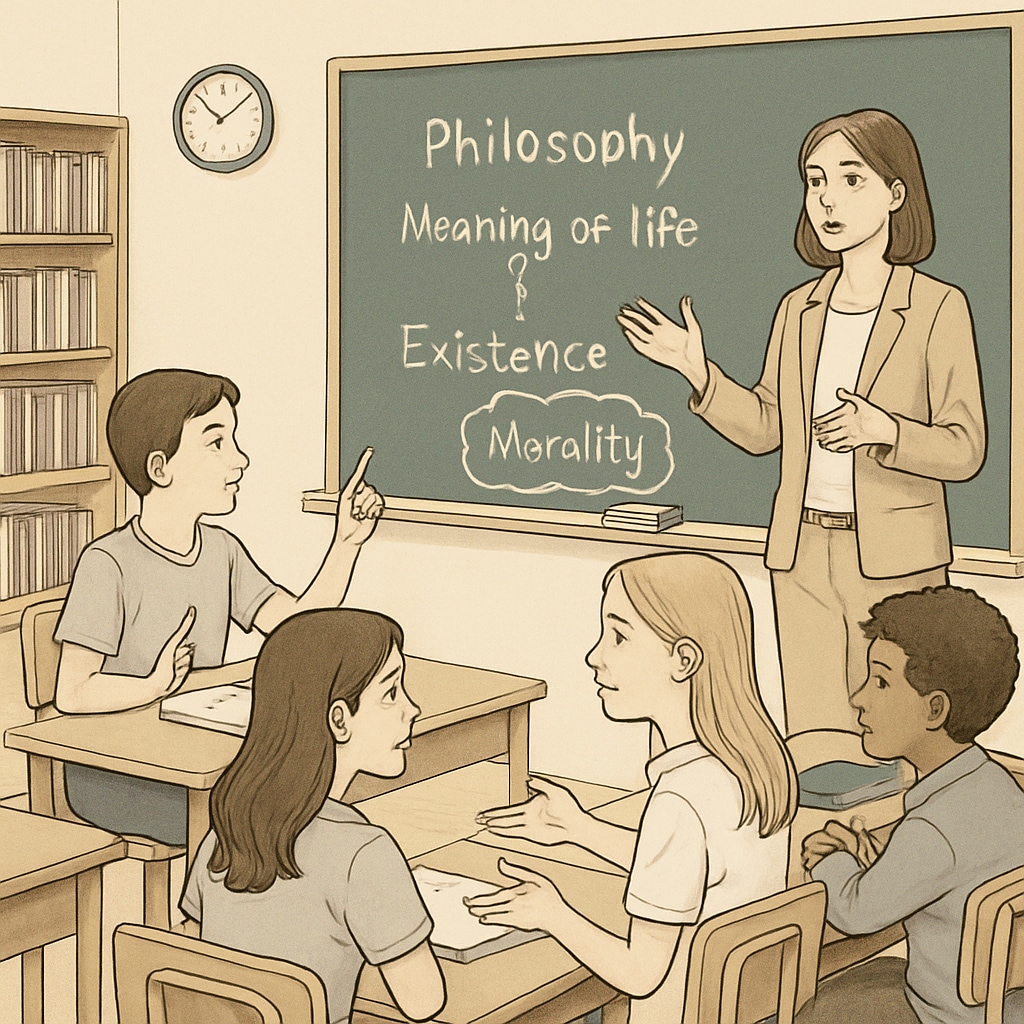Integrating psychology, philosophy, and hobby learning into K12 education can profoundly enhance students’ understanding of themselves and the world around them. These disciplines foster critical thinking, emotional intelligence, and self-awareness, skills essential for navigating life’s complexities. While traditional curricula often focus on academic achievements, incorporating psychology and philosophy as extracurricular or hobby-based learning activities can enrich students’ mental and emotional growth.

The Importance of Introducing Psychology and Philosophy Early
Psychology (the study of mental processes and behavior) and philosophy (the study of fundamental questions about existence, ethics, and knowledge) are often considered advanced subjects. However, introducing their core principles during K12 education can benefit young learners immensely. For example, understanding basic psychological concepts like motivation or emotional regulation can help students manage stress and improve focus. Similarly, engaging with philosophical questions about fairness or the nature of knowledge can sharpen their reasoning skills and moral understanding.
By exposing students to these disciplines early, educators and parents can nurture well-rounded individuals who are better equipped to handle challenges. Research from organizations such as Britannica suggests that philosophy improves critical thinking and communication skills, which are vital in both personal and academic contexts.
Practical Ways to Integrate Psychology and Philosophy into Learning
Incorporating psychology and philosophy into K12 education doesn’t have to be overwhelming. Here are some practical approaches:
- Storytelling and Discussions: Use age-appropriate stories that highlight psychological concepts or philosophical dilemmas. For example, books like “Wonder” by R.J. Palacio can spark conversations about empathy and self-identity.
- Interactive Activities: Create role-playing exercises where students explore ethical dilemmas or practice emotional regulation techniques.
- Hobby-Based Learning: Encourage students to explore hobbies like journaling (for self-reflection) or debate clubs (for philosophical reasoning).
- Games and Quizzes: Incorporate psychological experiments or philosophical puzzles into classroom activities to make learning engaging and fun.
For educators looking for structured resources, platforms like Wikipedia’s education resources offer valuable insights into integrating these subjects into existing curricula.

Recommended Resources for Hobby Learning
To make the journey into psychology and philosophy accessible for K12 students, here are some recommended resources:
- Books: “The Little Book of Psychology” by Emily R. White and “Sophie’s World” by Jostein Gaarder are excellent beginner-friendly reads.
- Online Courses: Platforms like Coursera and Khan Academy offer free introductory courses tailored to young learners.
- Podcasts: Shows like “Philosophy Bites” or “The Happiness Lab” can introduce complex ideas in an engaging format.
- Apps: Apps like “Headspace” can be used to teach mindfulness, a concept rooted in psychology.
These resources enable students to explore these disciplines at their own pace while building a lifelong curiosity for learning.
Conclusion: Cultivating Lifelong Skills
Incorporating psychology, philosophy, and hobby learning into K12 education is not just an investment in academic success—it’s an investment in life skills. These disciplines encourage students to think critically, understand their emotions, and approach problems with a balanced perspective. By utilizing storytelling, interactive activities, and diverse resources, educators and parents can create an enriching learning environment that nurtures both intellect and character.
As a result, young learners can grow into thoughtful, empathetic individuals ready to make meaningful contributions to society.
Readability guidance: Use short paragraphs and lists to summarize key points. Ensure transitions like “however,” “in addition,” and “for example” are evenly distributed. Keep sentences concise and active, avoiding overuse of passive voice.


